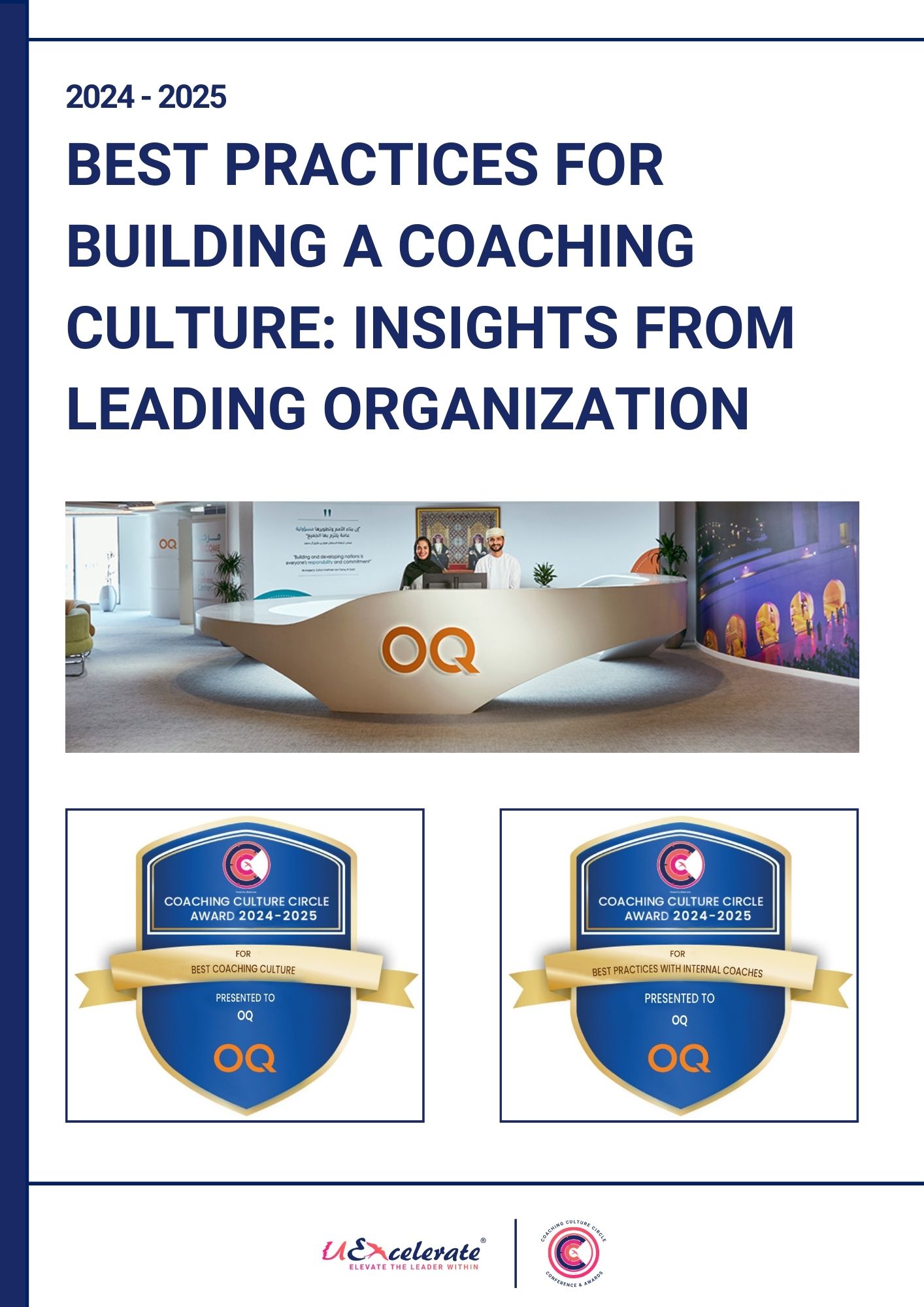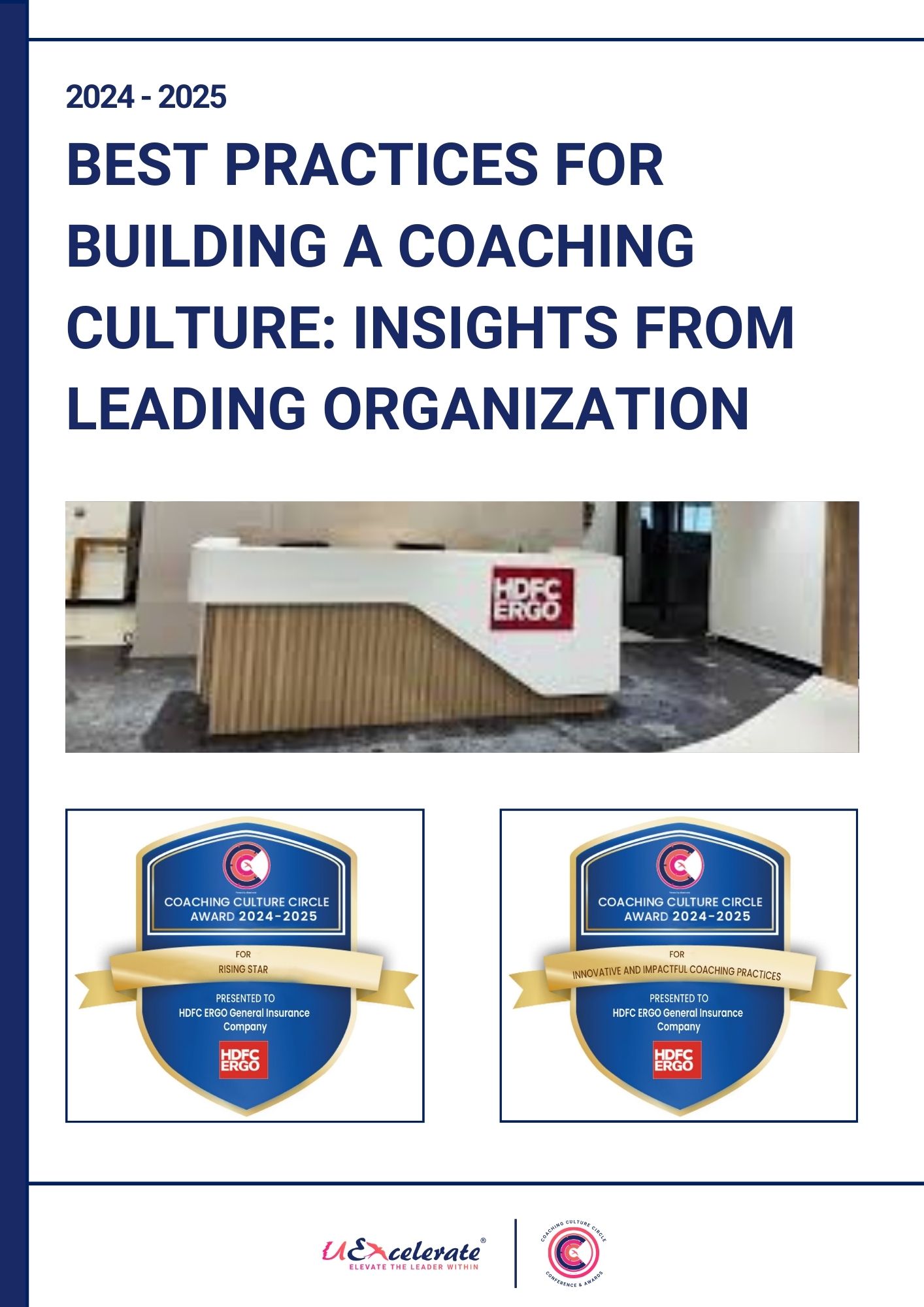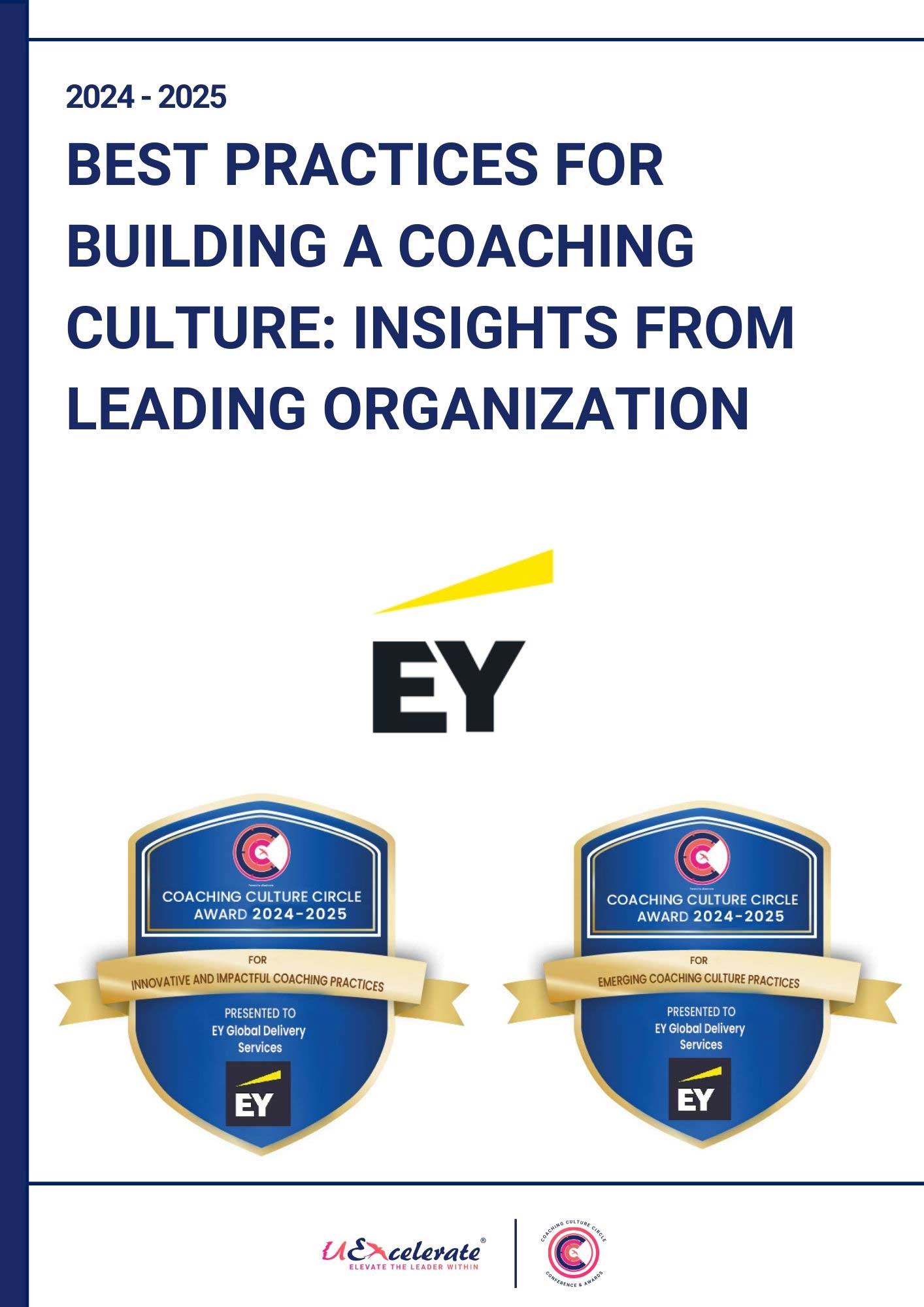- Offering
- Solutions
 Culture of leadership
Culture of leadership Culture of high-growth
Culture of high-growth Culture of care
Culture of care Culture of belongingness
Culture of belongingness - Collaborations
- Resources
 Applied coaching science and leadership lab
Applied coaching science and leadership lab Latest trends on coaching and leadership development
Latest trends on coaching and leadership development Thought leadership from industry experts
Thought leadership from industry experts Learnings and practices for building coaching culture
Learnings and practices for building coaching culture The Coaching Culture Circle Conference
The Coaching Culture Circle Conference Everything you need to know about coaching
Everything you need to know about coaching Delve into real stories of transformation
Delve into real stories of transformation - About Us
 We transform lives for better
We transform lives for better Be part of our passionate team
Be part of our passionate team Get in touch with us
Get in touch with us Everything you need to know about uExcelerate Coaching App
Everything you need to know about uExcelerate Coaching App - Offerings
- Solutions
- Collaborations
- Resources
- About Us

























